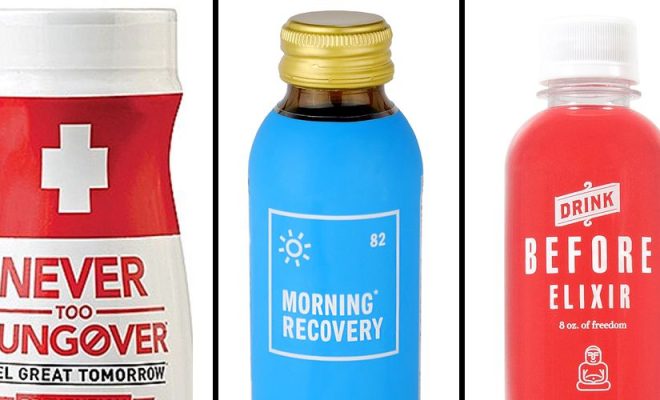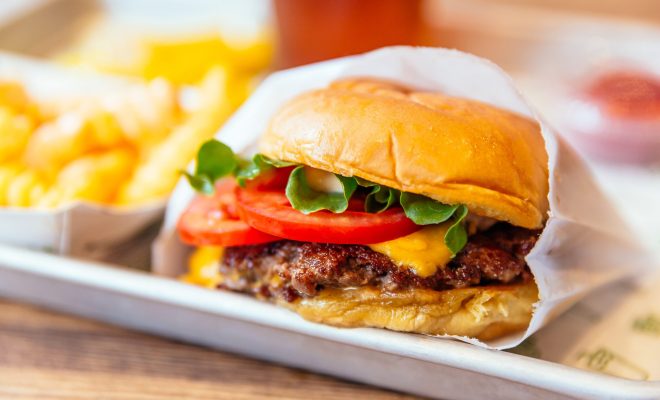Debunking Anti-Hangover Drinks: The Real Solution to Hangovers

Introduction:
We’ve all been there – a night of heavy drinking leading to the dreaded hangover the next day. It’s not surprising that many people seek a quick fix by looking for so-called “anti-hangover” drinks. These beverages promise to alleviate or even prevent hangovers altogether. However, according to CNET’s recent health report on nutrition, anti-hangover drinks are not the cure we’re searching for. Instead, the key lies in understanding hangovers and following practical steps to minimize their effects.
Understanding Hangovers:
A hangover is essentially an array of symptoms caused by consuming too much alcohol. These symptoms typically include headaches, fatigue, nausea, and dehydration. Hangovers occur due to a combination of factors like the diuretic effect of alcohol, impurities in alcoholic beverages, and toxic metabolites created when our bodies break down alcohol.
The Truth About Anti-Hangover Drinks:
Anti-hangover drinks claim to cure or prevent the symptoms associated with hangovers by changing the way our body processes alcohol or replacing essential nutrients lost during alcohol consumption. Despite these claims, no conclusive scientific evidence proves that these drinks significantly help with hangover symptoms.
The reality is that our bodies can only metabolize alcohol at a certain rate (around one standard drink per hour). Thus, drinking excessive amounts of anti-hangover beverages cannot accelerate this process and prevent hangovers from occurring.
Effective Hangover Prevention:
While no magic drink can cure a hangover instantly, you can follow several steps to minimize its effects:
1. Hydrate: Alcohol dehydrates you, so drinking water throughout your night out and before going to bed can help reduce hangover symptoms.
2. Limit alcohol consumption: The most effective way to avoid a hangover is to moderate your drinking.
3. Eat before and during drinking: Food can slow down the absorption of alcohol in your bloodstream, thereby lessening its impact.
4. Stick to lighter-colored drinks: Clear liquors like vodka and gin tend to have fewer impurities than their darker counterparts, such as whiskey and red wine.
5. Sleep: Make sure you get enough rest after drinking to give your body time to recover.
6. Don’t smoke: Smoking while drinking may increase the severity of a hangover.
Conclusion:
While anti-hangover drinks may sound like an attractive solution, it’s essential to understand that these products are not a silver bullet for eliminating hangovers. Instead, following practical preventive measures like staying hydrated, moderating alcohol consumption, and getting adequate rest will help minimize the effects of hangovers. Ultimately, the most effective way to avoid a hangover is to drink responsibly and know your limits.




